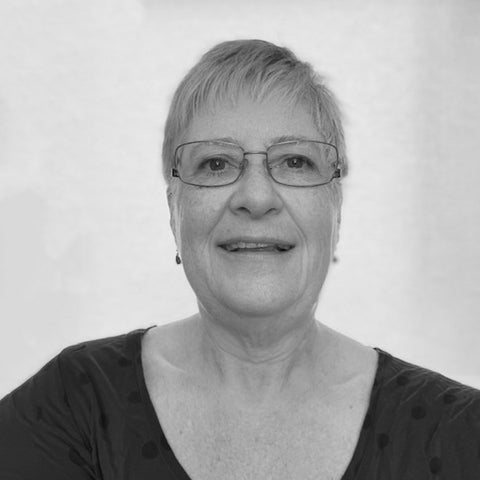
Where and what did you study before you came to Germanic and Slavic Studies at the University of Waterloo?
Before coming to the Germanic and Slavic Studies, my studies were highly work focused. I worked for many years as a financial planner, investment advisor and branch manager for a boutique financial services provider, and later as a consultant for leadership and organizational development.
What are your interests in German Studies?
I was born in Canada to German-speaking immigrants. As a heritage language speaker, I was always interested in my own cultural and linguistic heritage. This prompted me to enroll at the University of Waterloo as a mature student and complete a BA (Honours) with a Major in German and Minors in both International Studies and Peace and Conflict Studies.
The exposure to linguistic studies and the opportunity to study in Germany motivated me to continue my academic studies and enter the joint University of Waterloo and Universität Mannheim’s Intercultural German Studies program. My Masters Thesis focused on correlations between personality types and language learning strategies, and I received my MA degrees in 2019.
Why did you choose the University of Waterloo?
Initially I chose the University of Waterloo because back in the day (the early 2010’s), this was one of the few Canadian universities that offered the ability to receive a degree through what was then called “distance education,” and it had a German Department.
Why did you choose this program?
I’ve stayed within the German Department because it provides an excellent education, great opportunities to study current theories of German literature and culture, linguistics and language education, and the opportunity to collaborate in research, and contribute to such wide topics of study.
Do you already know what you want to write your thesis on?
I haven’t finalized what I am going to do, but I know I want to conduct research that draws on what I learned in Peace and Conflict Studies and makes use of critical discourse analysis to examine the Canadian and German #MeToo narratives within a church context.
As a kid, what did you want to be when you grew up?
A ballerina.
What is a fun fact about you?
I was a member of a choir that performed at Roy Thompson Hall as backing vocalists to operatic tenor Ben Heppner.